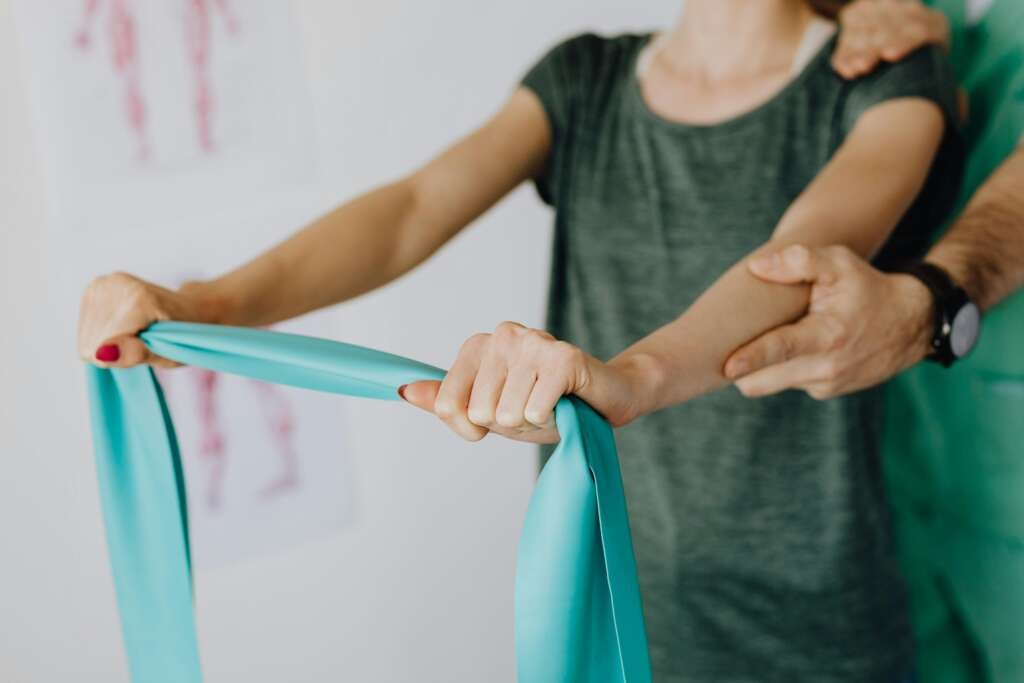A Personal Injury Orthopedic Guide
If you’ve recently been in a car accident, it can be hard to know what to do next—especially if you’re in pain but not sure how serious it is. While emergency care is crucial for major injuries, many people walk away from crashes only to experience delayed pain, stiffness, or mobility issues in the days or weeks that follow. This is where a personal injury orthopedic specialist becomes important. Orthopedic doctors help evaluate and treat injuries to the bones, joints, muscles, and ligaments—injuries that are common after collisions, even low-speed ones.
Here’s a practical, personal injury orthopedic guide to what to do if you’ve been in a car accident and think you might need orthopedic care.
Don’t Wait to Seek Medical Attention
It’s easy to underestimate the effects of a car accident. Even a minor crash can cause:
- Neck or back pain
- Shoulder injuries
- Knee or hip discomfort
- Headaches or numbness
Sometimes symptoms don’t show up right away, especially with soft tissue injuries. Getting seen by a provider familiar with personal injury orthopedic evaluations can help you catch issues early and prevent them from getting worse.

Keep a Record of Your Symptoms and Daily Impact
When dealing with pain or stiffness, try to document:
- What parts of your body are affected
- When the pain started
- Whether it affects your ability to sleep, work, drive, or do daily tasks
This kind of information helps your doctor make an accurate diagnosis and also helps if you need to share your case with an attorney or insurance adjuster.
Understand What Imaging You May Need
X-rays are usually the first step, but many car accident injuries don’t show up on an X-ray. A personal injury orthopedic specialist might order:
- MRI: to check soft tissues, ligaments, or spinal discs
- CT scan: to get a clearer view of bones and joints
- Ultrasound: for tendon or muscle issues
Getting the right imaging early helps avoid misdiagnosis or delays in care.
Ask for a Clear Treatment Plan
Once your doctor completes the evaluation, they’ll outline your options, which may include:
- Physical therapy
- Injections (like corticosteroids or PRP)
- Activity modifications
- In some cases, surgery or a surgical referral
A good orthopedic plan includes both immediate care and long-term recovery goals—especially important if your pain is affecting work, school, or caregiving responsibilities.

Coordinate with Your Legal or Insurance Team
If you’re pursuing a personal injury claim, ask your doctor’s office if they:
- Work with attorneys
- Offer lien-based care (no upfront payment, billed after settlement)
- Provide detailed reports and documentation
These details don’t change your treatment, but they can make a big difference in how smoothly your case goes.
Final Thoughts
Dealing with an accident is overwhelming enough—your orthopedic care shouldn’t add to the stress. Whether you’re in pain now or just not sure what’s going on, seeing a doctor with experience in personal injury orthopedic cases can help you get answers, recover safely, and protect your long-term health.
